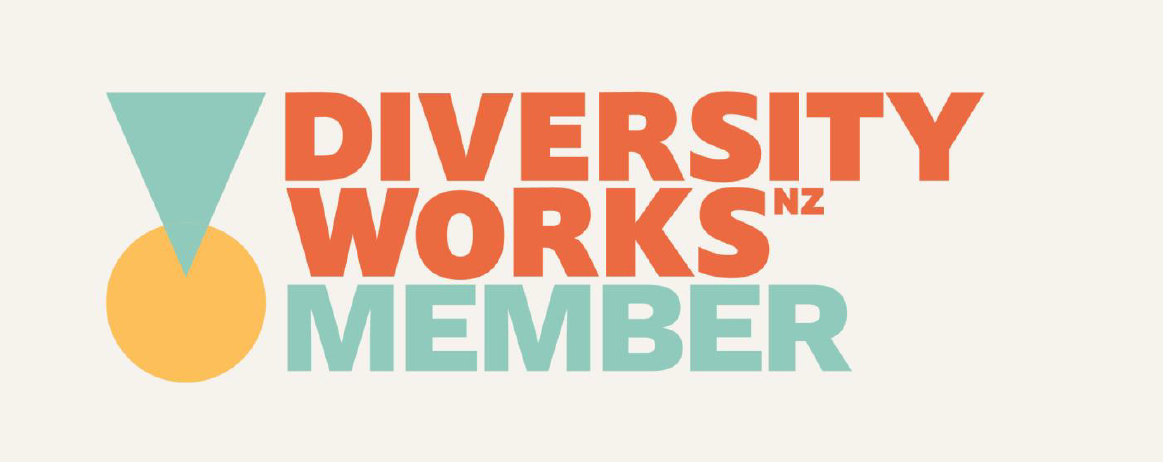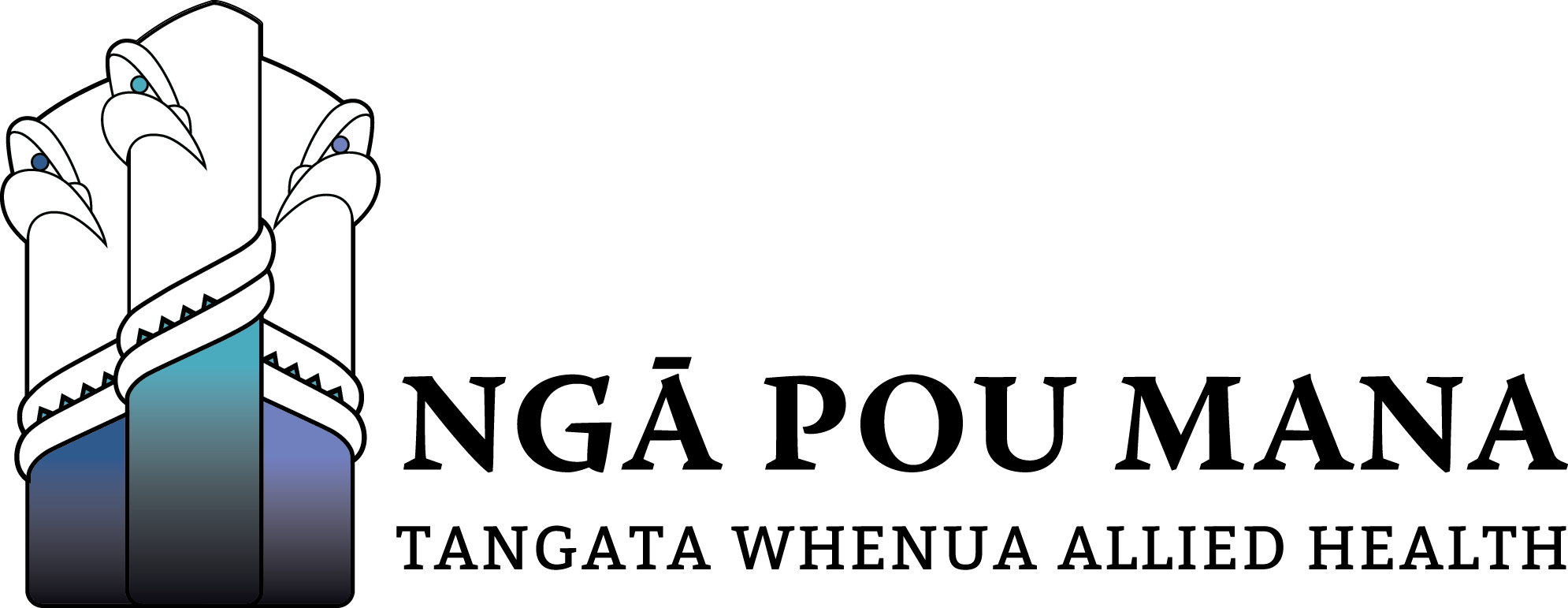What to expect
Our experienced team are empathetic, caring and respectful. We understand that everyone has different goals and will work with you to achieve yours at your own pace. Our private packages mean you don't have to wait for support to make your life easier.
At the start of your assessment, we'll talk about why you chose to get in touch with us. Your consultant will then ask some questions to understand your goals and what you'd like support with. They may ask about your existing supports, lifestyle, health concerns, family and community activities, and how you're going with completing daily tasks and activities at home. Your therapist may observe you carrying out some everyday tasks or evaluate you to help them provide recommendations.
As part of the initial meeting, your therapist will give you basic strategies, education to support your health and wellbeing, and recommendations.
These recommendations may include further individual sessions with an Occupational Therapist, Physio, Dietitian, Speech-Language Therapist or Psychologist. They might also recommend exercise programs, equipment for your home to aid you in completing your daily activities, further assessments, or a referral to another professional.
APM staff can travel to you and complete the assessment in your home environment, and we make it easy for whānau or support persons to be involved every step of the way.



